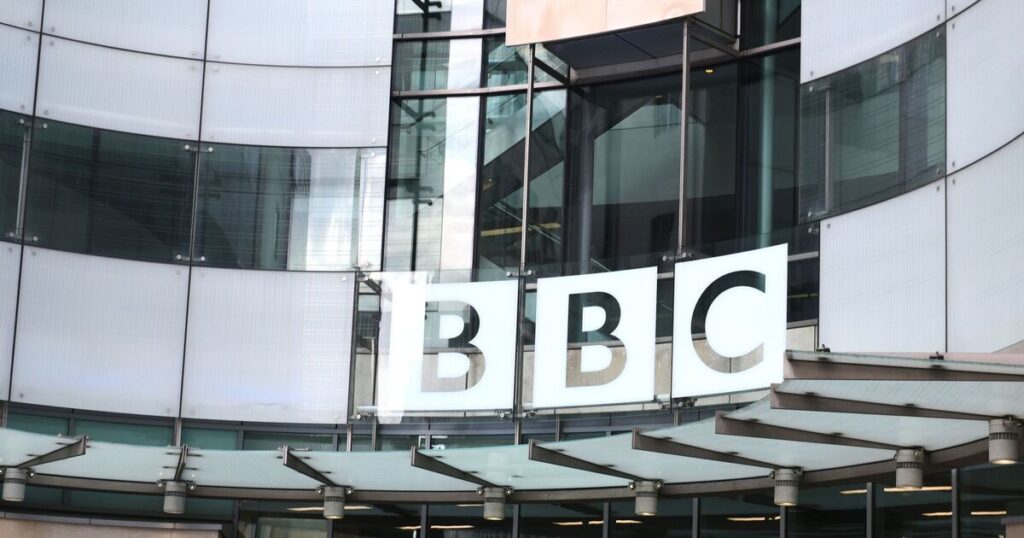
The new BBC chairman Dr Samir Shah is set to address the future of the broadcaster’s funding, hinting at a potential overhaul by stating that « reforming the licence fee, replacing it, or coming up with a whole new mechanism » are all possibilities under consideration.
In his inaugural speech since assuming the role earlier this year, Dr Shah will engage with top media personalities and policymakers at Leeds Conservatoire on Tuesday to deliberate on the governance and financing of the BBC.
Previously, the former Government initiated a review of the BBC’s TV licence fee model to explore alternative funding methods after December 2027 when the current charter concludes. During his appearance at Leeds Conservatoire, Dr Shah is expected to reiterate that options for « reforming the licence fee, replacing it, or coming up with a whole new mechanism » remain open for discussion.
The licence fee has been under intense scrutiny, especially during the tenure of the Conservative government, which imposed a two-year freeze at £159, followed by a modest increase to £169.50 in April, contrary to the BBC’s expectations.
However, Prime Minister Sir Keir Starmer affirmed his support in July, stating: « We are committed to the BBC and we are committed to the licensing arrangements. »
Dr Shah, an Indian-born veteran in television and radio with over 40 years of experience, is also anticipated to challenge the constant governmental reviews faced by the BBC and advocate for innovation, including the proposition of a permanent BBC Charter.
The current BBC Royal Charter, which outlines the corporation’s constitutional basis and public purpose, has been in effect since January 2017 and will continue until December 2027.
In his speech, Dr Shah is expected to express his opposition to subscription and advertising as potential future funding models, arguing that they prioritise profit over audience service.
He is expected to say: « If we want a universal public service BBC, that requires a universal funding model. And we have to be realistic that ideas like ad-funding or subscription do not pass that test when it comes to the BBC public service mission, ».
« Both introduce a commercial agenda, which means the priority becomes, not how you serve British audiences, but how you profit from them.
« It prioritises the needs of the better off, and leaves behind the poorer, the more marginalised or digitally disenfranchised. »
The new chairman will discuss the need for the BBC to fully reflect its audience, which includes employing individuals from all locations, backgrounds, and walks of life.
BBC director-general Tim Davie expressed openness to a « more progressive » licence fee at a Royal Television Society event in March.
He also announced plans for the corporation to launch its « biggest-ever consultation process » next year, allowing the public to shape the debate on its future.
